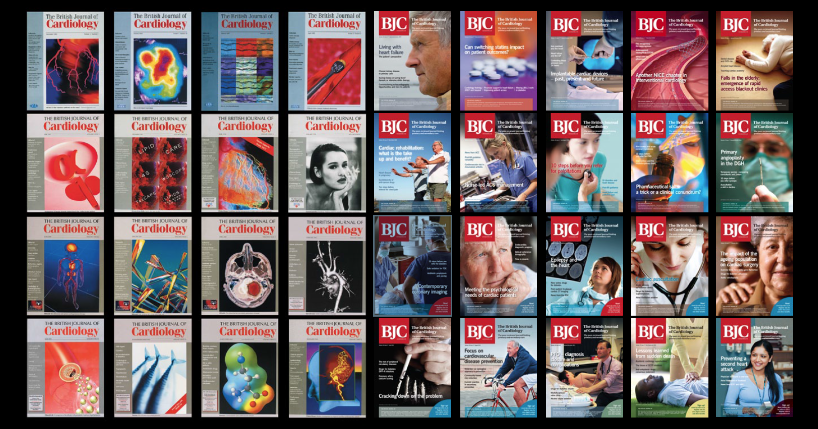Twenty years ago, when we launched the British Journal of Cardiology (BJC) our intention was to produce a peer-reviewed journal, which linked cardiologists and general practitioners (GPs) with an interest in cardiovascular medicine. We have not waivered and, indeed, have grown to be a unique publication widely read across both primary and secondary care, leading opinion for 20 years.
Much has happened in cardiovascular medicine since the early 1990s. Deaths from coronary heart disease have more than halved during this period. We have seen the introduction of drug-eluting coronary stents, implantable cardioverter defibrillators (ICDs), cardiac resynchronisation therapy (CRT), ventricular assist devices and a host of new pharmacological treatments, many of which are disease modifying. The more recent national implementation of primary percutaneous coronary intervention (PPCI) will continue to help improve outcomes.
Groundbreaking innovations such as the National Service Frameworks (NSF) have contributed to the dramatic decline in UK rates of coronary heart disease in this period and improved survival following acute myocardial infarction. The National Institute for Health and Clinical Excellence (NICE), set up in 1999, has also helped to reduce variation in the availability and quality of NHS treatments and care across the country. Similarly in Scotland, the Scottish Intercollegiate Guideline Network (SIGN) is supporting healthcare providers to deliver high quality, evidence-based, safe, effective and person-centred care.
We are now entering another new era of pharmacogenomics and workers are currently exploring the use of human embryonic stem cells (hESCs), skeletal myoblasts and adult bone marrow stem cells to limit infarct size, and to regenerate myocardium in infarcted hearts, attenuate heart remodelling and to contribute to left ventricle (LV) systolic force development.
Similarly, we are entering the era of revalidation for doctors, a process which also involves patients and carers in order to consistently raise standards of competencies in provision of healthcare nationally.
The BJC is moving with the times and we now offer a variety of publication platforms through our original print journal to our website, podcasts, newsletters, supplements, handbooks and reprints. Always our aim is to update our readers with practical and digestible information. Most recently, we have developed a series of ‘state of the art’ e-learning programmes on topics including chronic stable angina, pulmonary hypertension, anticoagulation and heart valve disease. These will be available to healthcare professionals without charge. More materials will be available online to accommodate the needs of busy people who prefer to keep updated and to gain their continuing professional development in flexible ways.
We have enjoyed providing high quality, peer reviewed articles, reviews and other educational materials over the past 20 years. We thank all our readers, contributors, reviewers, editorial board, associate organisations, sponsors and advertisers, with whom we are proud to be associated. We look forward to reporting and publishing cardiology’s key developments in the years to come.

